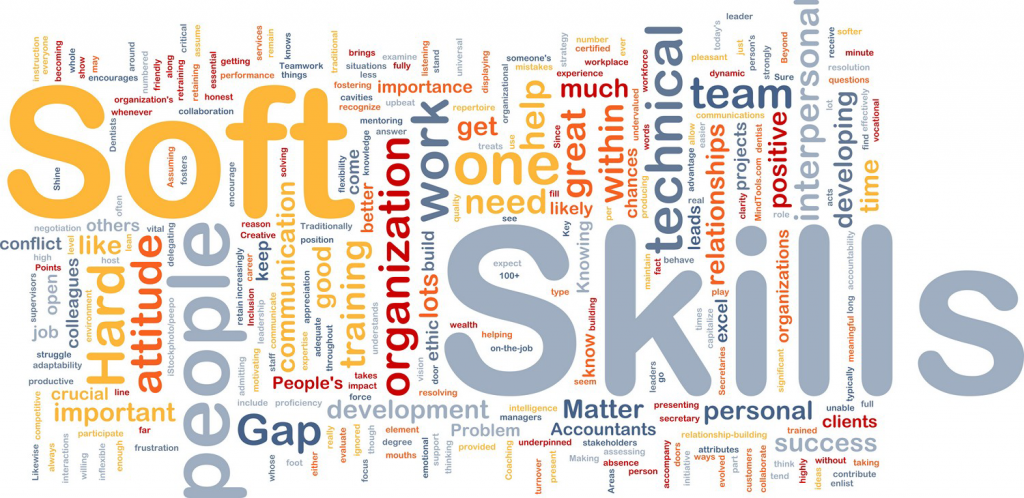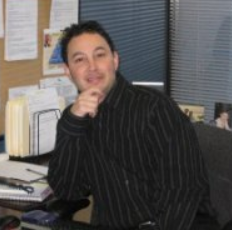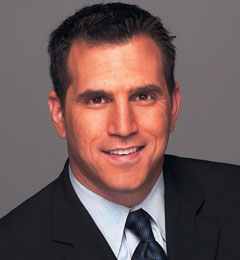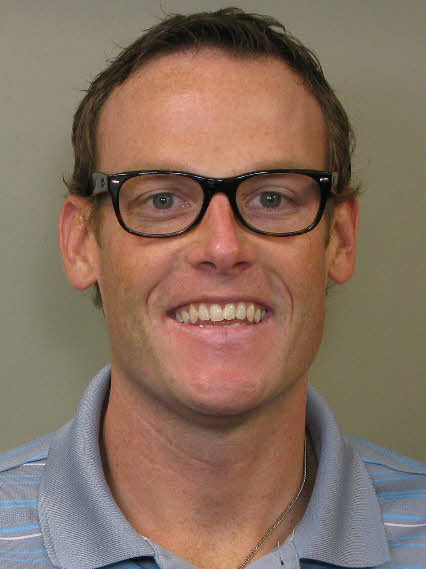- Job Seeker Resources
- |
- Last Updated: May 25, 2016

Soft Skills for Sports Jobs

Learn to use software or do specific things that companies need and you’ll have a much better chance at being hired for sports jobs. It’s a simple concept, and that is what makes it so easy to achieve if you are focused and motivated.
Become an Excel master, learn Final Cut Pro, dominate ProSounds or HTML or Wordpress. These are tasks that can be completed and checked off your to do list with some ease.
But what about soft skills?
Soft skills are by nature harder to develop, quantify or improve – especially if you don’t know what is most important when it comes to getting hired and being successful.
To get to the bottom of that conundrum, I set out to ask industry hiring managers and veteran worker bees what they find are the most prevalent soft skills in successful employees they’ve hired for sports jobs or worked with.
Their answers are varied, but the message is clear:
Steve Becker - Coordinating Producer at Fox Sports
 I've found that some of the most important skills for sports jobs are listening well and being willing to accept other people's ideas.
I've found that some of the most important skills for sports jobs are listening well and being willing to accept other people's ideas.Everyone has good ideas from production assistants to executives, a good employee knows how to listen to everybody's ideas and not be afraid to change your mind and go with a better one.
Being willing to listen and change shows confidence and can actually energize a staff because they know they are being heard and their opinions are valued.
Linda Thomas - News Anchor 97.3 KIRO FM, Seattle and award-winning journalist:
 Passion.
Passion.Successful people are driven to change the world around them in some way, either by providing information that will make a difference, or simply introducing you to someone who changes the way you view the world.
That drive can’t be taught. It’s a part of who they are.
It’s as second nature as putting your feet on the floor when you get out of bed, you don’t think about it, you just do it.
Marc Fein - NBC5 News Anchor in Dallas and former Sportscaster
 Hard work. You can’t fake doing your homework.
Hard work. You can’t fake doing your homework.There will be people who like the way you look and others that don’t. There will be people that like your personality and others that don’t. But if you work hard and know what you’re talking about it’s hard for people to be critical of that.
I’ve always thought Craig Sager was a great case study. I was lucky enough to work with him for a few years at Turner Sports. Craig is known of course for his outlandish attire. And there are a lot of people who don’t like it, or might even call it shtick.
Say what you want about Craig, he works his butt off and knows what he’s talking about. He’s also a great interviewer. I don’t think he’d get away with the pink sports coats if he wasn’t good at what he does.
Corey Breton - Vice President of Sales and Service for the Minnesota Timberwolves
 My personal belief is the ability to persevere through difficult times and believe in the process.
My personal belief is the ability to persevere through difficult times and believe in the process.Not everyone excels at the same rate, and you must believe in the process and focus on controlling those items that you can control such as effort, attitude, and remaining coachable.
I’ve never seen a person fail that puts forth consistent effort over the long haul.
Laura Okmin - Sideline Reporter, NFL on Fox
 Listen.
Listen.As a woman, even now with so many in the sports business, we still feel we have to prove we know what we're talking about.
Don't feel that way.
You're in this business because you know and love sports, so have confidence that you don’t need to prove yourself. You get to the best points of a career by being yourself and being a good listener.
Ashley Allison - Account Executive, Old Hat Sports Marketing
 You have to be ambitious – sports jobs involve a lot of long hours. If you do not have the passion and drive to want to succeed, you will see your dream of working in sports fade. Time management and making sure to have a good work/life balance are an important part of dealing with sports jobs.
You have to be ambitious – sports jobs involve a lot of long hours. If you do not have the passion and drive to want to succeed, you will see your dream of working in sports fade. Time management and making sure to have a good work/life balance are an important part of dealing with sports jobs.A positive attitude goes a long way too.
Being a friendly, positive co-worker is one of the most important skills a person can have in sports jobs or any jobs for that matter. It is also the easiest to change and improve on. Those long hours bring you very close to your co-workers. If you let the long days get to you, you will not be a very fun person to work with, and create low morale which might make them less likely to help you when you need it.
Vicki Michaelis - Veteran Sports Journalist and Director of GradySports and the University of Georgia
 An intense curiosity is the one trait that all successful journalists share. They are in a constant mode of wondering, reading and learning.
An intense curiosity is the one trait that all successful journalists share. They are in a constant mode of wondering, reading and learning.A disregard for a "normal" work schedule also helps.
Final Thought
In my personal view, sports jobs require passion. Listening, hard work, performing under pressure - these are all incredibly important, but passion can take you the distance in sports. It pushes you to go just that little bit further, because your job stops being a set of tasks thrust upon you by some malingering boss. When you have passion, your tasks become moments of joy where you are thrilled to have the challenge before you.
The best piece of advice you will ever receive - find your passion and do it. (I'm not taking credit for that phrase, I think either confucious or Wilt Chamberlain said it first)
And if your passion happens to be in sports, well, we can probably help you out there.

by: Brian Clapp
Originally Published: May 25, 2016
Originally Published: May 25, 2016
Sign In or Register to access all articles and insider tips for help in your job search.
Search for Sports Jobs
RELATED JOBS
HS Asst Football Coach - Olentangy Berlin High School
Find a Job »
Olentangy Local School District
Delaware, OH
There will be a Coaching opportunity available at Olentangy Berlin High School. Qualified...
Athletic TrainerOhio State University
Columbus, OH
Screen reader users may encounter difficulty with this site. For assistance with applying,...
Athletic Trainer Lead, Quality AssuranceOhio State University
Columbus, OH
Screen reader users may encounter difficulty with this site. For assistance with applying,...
Athletic Trainer Lead, Evidence Based PracticeOhio State University
Columbus, OH
Screen reader users may encounter difficulty with this site. For assistance with applying,...
Head Baseball Coach (25-26)Granville Exempted Village Schools
Granville, OH
GRANVILLE EXEMPTED VILLAGE SCHOOL DISTRICT JOB DESCRIPTION Title: HEAD COACH File 404 Reports to...
RELATED RESOURCES
Find the Right Job Faster
Create Your FREE Account Today to Unlock Exclusive Career Tools
- Get personalized job matches sent to your inbox every day
- Connect directly with employers before your competition
- Advance your career with expert advice on interviewing, salary negotiation, and more
We value your privacy




